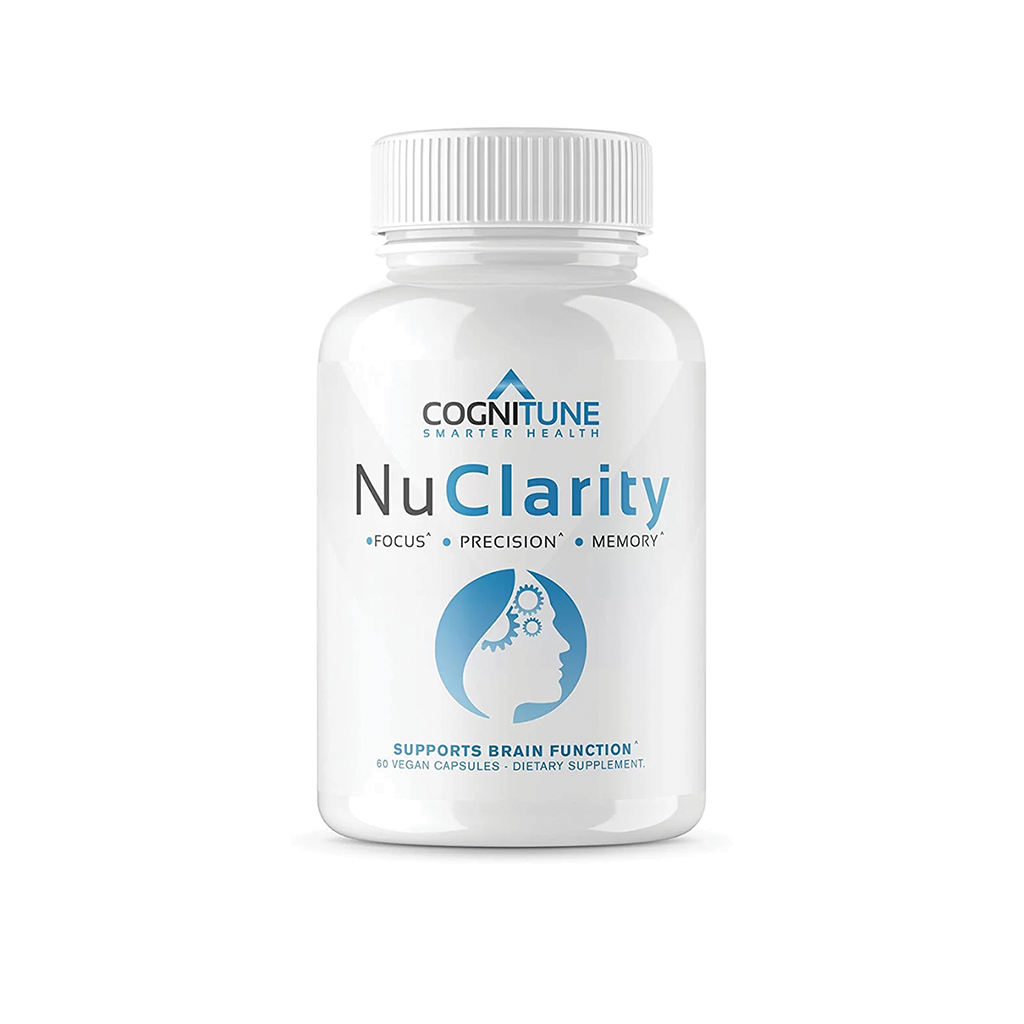How to Supplement with Vinpocetine - Benefits, Side Effects, and Dosage

With each new day, our world only gets busier. Nowadays, people tend to be a lot more preoccupied and have a lot more on their mind than say, twenty years ago. To keep up with this inevitable change, people must try to make complimentary adjustments to their lifestyle without compromising their health and well-being.
But sometimes, these busy schedules may make it hard to include the right nutrition in our daily diets. Here’s where supplements come in. A well-balanced diet may not be the norm for many people, but supplements can provide and make up for the components lacking in our regular food intake. Vinpocetine is one such supplement.
What Exactly Is Vinpocetine?
Vinpocetine (ethyl apovincaminate) is a man-made, synthetic compound derived from the lesser periwinkle plant. It is specifically synthesized from a molecule called vincamine, which is extracted from the plant’s leaves. It was developed in the 1960s and was made available in Europe and Japan as a prescription drug sold under commercial names like Cavinton, Cavinton Forte, and Intelectol.
Usually sold as a sports supplement, weight loss aid, or brain enhancer, it is sometimes formulated alongside ginkgo biloba for memory-boosting effects. It does have several health benefits, and although currently available in the United States, the US Food and Drug Administration (FDA) ruled that it can no longer be marketed as a dietary supplement due to its synthetic nature, lack of dosage parameters, and complaints from users about uncertain health risks. When considering nootropics, the vinpocetine drug is still experimental.
Benefits of Vinpocetine
Prevention of Memory Loss:
Vinpocetine may improve blood flow to the brain, which boosts memory and potentially prevents Alzheimer’s disease, amnesia, and other such conditions that could affect learning as aging occurs. It could also reduce headaches caused by brain pressure. A combination of vinpocetine and ginkgo appears to improve short-term memory in adults. However, most studies occurred before the 1990s and lasted four months or less, so the results and information collected have not been updated.
Reduce the Effects of Stroke:
Some evidence suggests that vinpocetine might reduce brain damage caused by an acute ischemic stroke. However, only a few clinical studies have been conducted, and the majority are published in languages other than English, so there hasn’t been enough agreement on the subject.
Tinnitus (Ringing in the Ears):
Early research shows that giving one vinpocetine by mouth and by IV, in addition to physiotherapy, may reduce ringing in the ears.
Dialysis (Hemodialysis):
Ingestion of vinpocetine every day for up to one year showed some reduction in the build-up of calcium around the joints in those with kidney failure issues requiring hemodialysis, a procedure done to remove fluid and waste from the blood and correct electrolyte imbalances.
Bed-Wetting and Urine-Control Issues:
Research showed that taking vinpocetine for a duration of two weeks may reduce the number of times an individual with urine-control problems needs to urinate during a given day or night.
Neuroprotective Benefits:
Vinpocetine seems to have a role in neuroprotection and reducing neural inflammation and, as mentioned before, potentially increasing blood flow to the brain.
Cardioprotective Benefits:
The drug is also a PDE1 inhibitor, which is a mechanism that is both cardioprotective and cognitive enhancing. However, this inhibition only occurs at a relatively large dosage, which does not apply to the standard dosage of vinpocetine.
Age-Related Macular Degeneration (AMD):
Age-related macular disease is an eye disease that causes vision loss in some aging people. Early research suggests that taking vinpocetine by mouth for a period of two months could improve vision for those suffering from AMD.
Other uses for the vinpocetine drug include treating menopausal symptoms in women, chronic fatigue syndrome (CFS), seizure disorders, and preventing motion sickness.
Note: All of the above benefits have been researched in early and dated trials. Though found to be possibly effective at the time, there is insufficient evidence to suggest that most of the above benefits are true and tested accurately.
Side Effects of Vinpocetine:
> Vinpocetine appears to be safe when taken by mouth for a short-term period for most people. However, it can cause side effects such as stomachache, nausea, headache, dizziness, sleep disturbance, nervousness, dry mouth, and flushing of the face.
> When taken by IV or by shot, it must be administered under the care of a healthcare provider. Side effects may include irregular or rapid heartbeat in some people. It can also potentially cause high or low blood pressure for a short duration.
> Due to lack of sufficient research, usage must be avoided in pregnant women or nursing mothers. It may increase the risk of miscarriage and cause harm to the fetus. (Doses above 10 mg per day were linked to fetal toxicity in animals).
> Vinpocetine may slow blood clotting and increase the risk of excessive bleeding, so avoid usage two weeks before any type of surgery.
> The drug may weaken the immune system in some individuals, which in turn may leave the body vulnerable and reduce its capability to fight off infections. If one’s immune system is already weak and going through other conditions such as cancer treatment, it is best to avoid vinpocetine. It should never be used in organ recipients or those with HIV.
Dosage of Vinpocetine:
If you want to try vinpocetine, look for reputable brands and make sure to consult your doctor before starting usage. There are no prescribed guidelines, but a total daily dose of 15-60 mg is recommended and should be divided into three separate doses between meals.
A low of 5-20 mg each dose is taken for neuroprotection, enhancing blood flow in the brain and decreasing the rate of cognitive decline.
A higher dose of 30-45 mg promotes cognition and memory retention in otherwise healthy people, though there is no proper evidence to back this claim.
Vinpocetine supplements are easily found online or in relevant stores but are sure to do your research about the manufacturer or contents of the supplement before using it.

